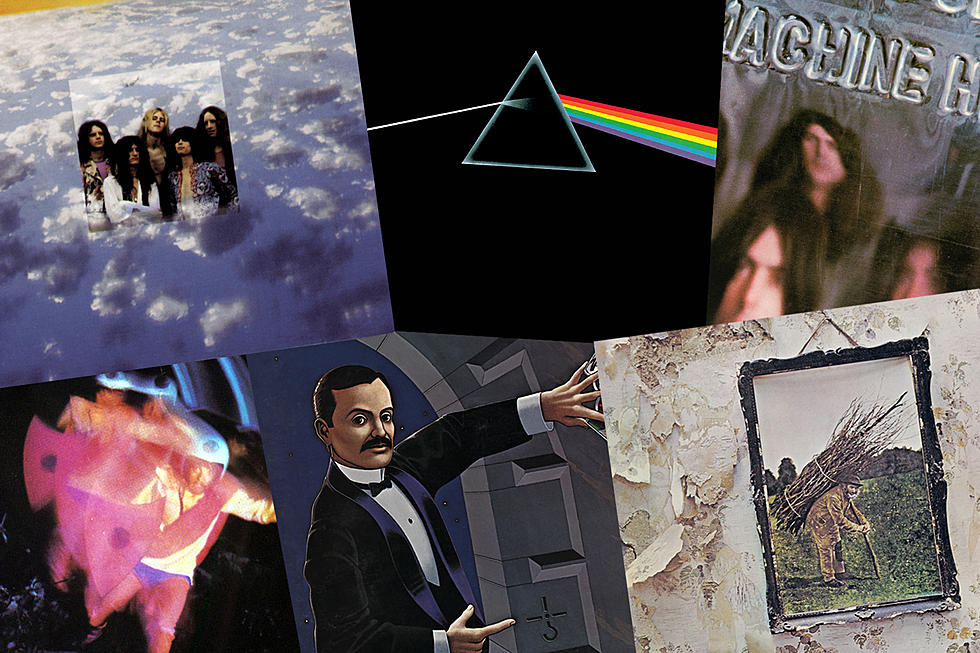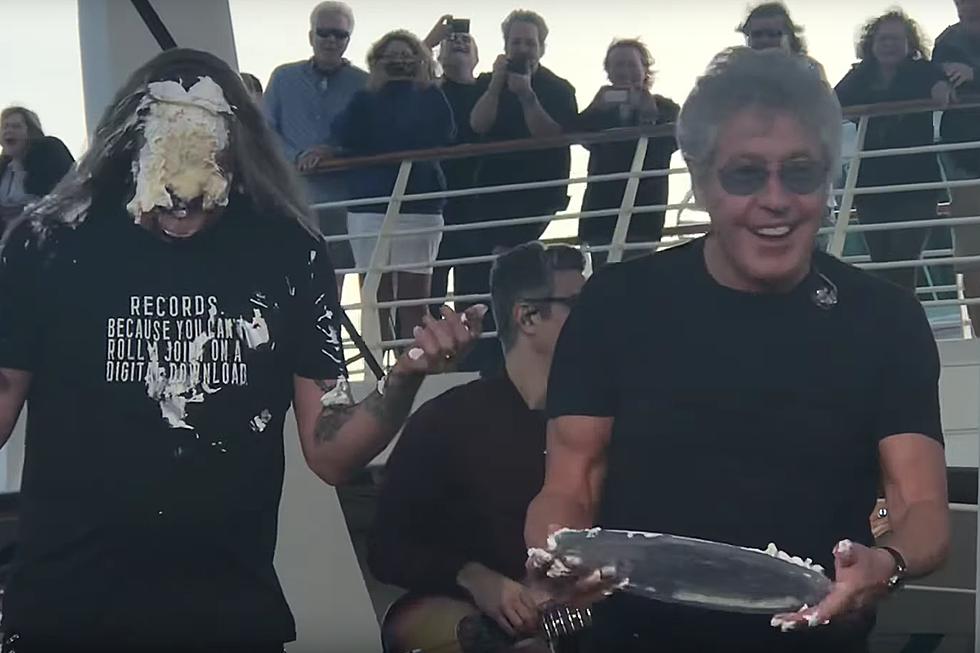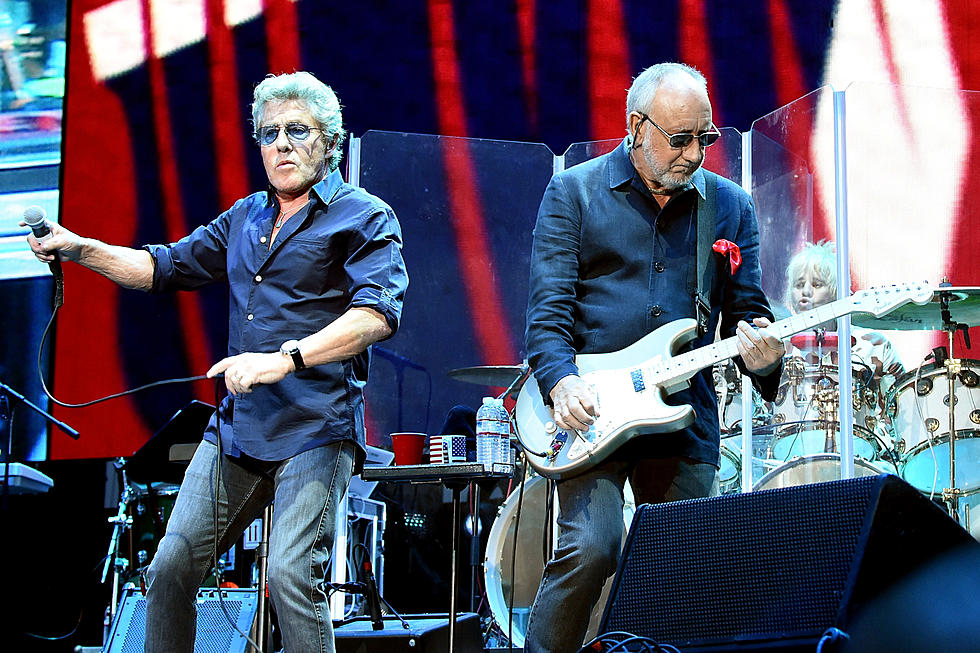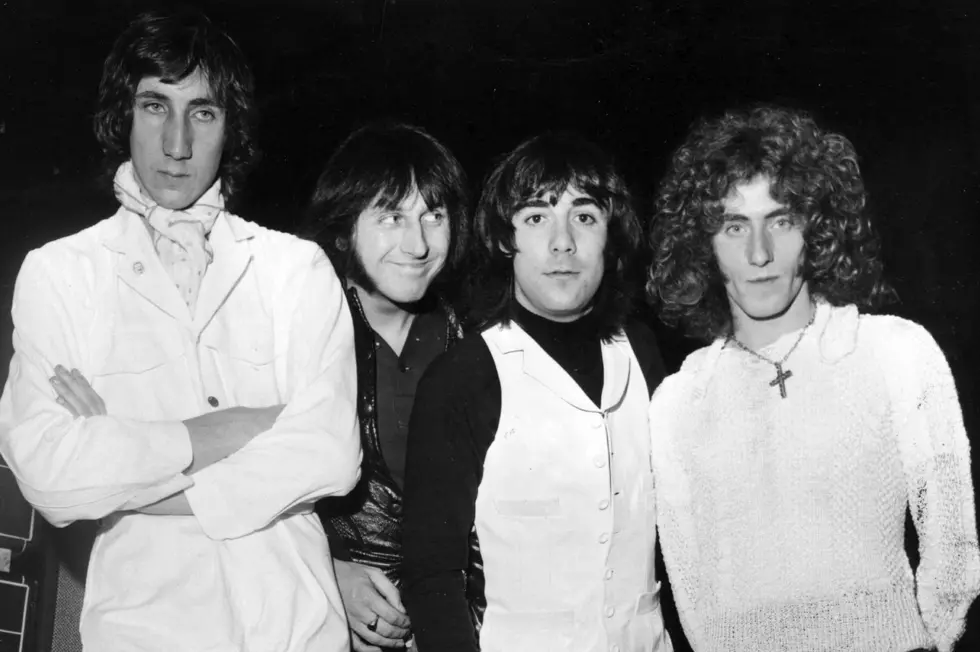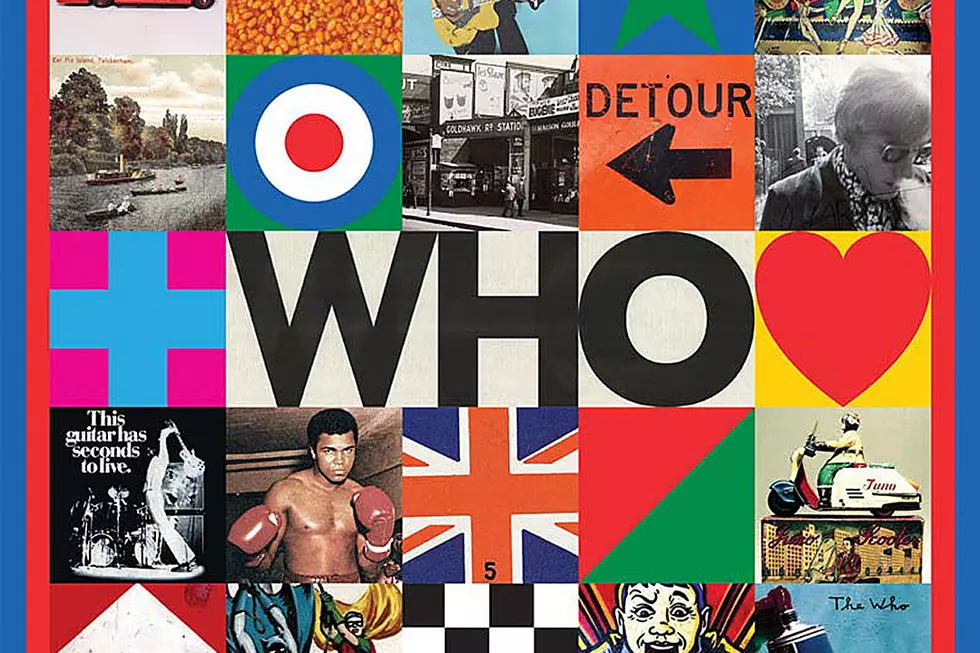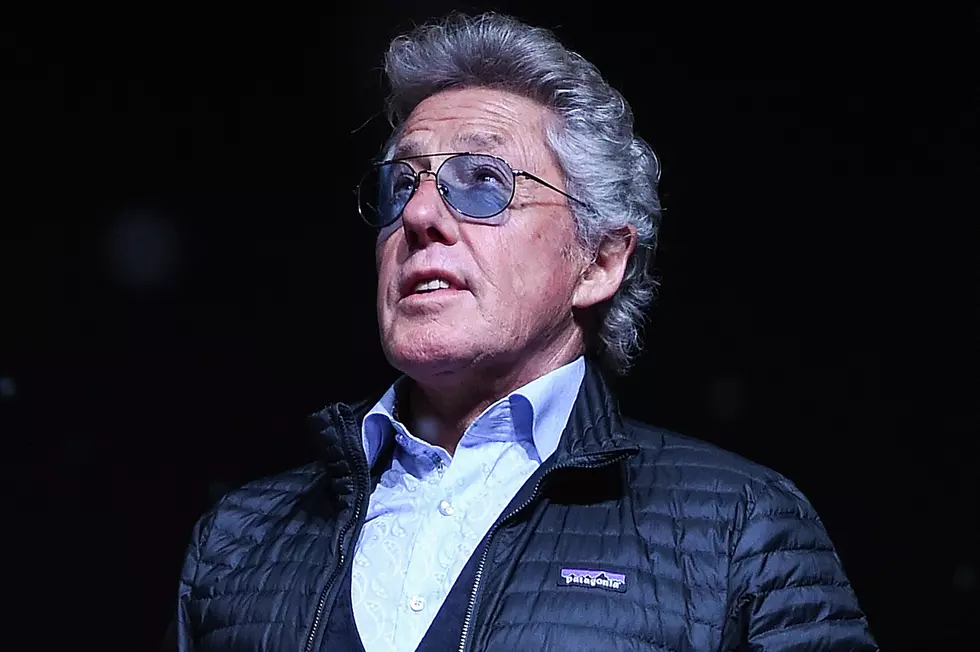
Roger Daltrey Recalls Horror of Who Fan Stampede
Roger Daltrey returned to the scene of a tragic fan stampede to help deal with the guilt and grief that has remained with him for 40 years.
Eleven people died in the rush to get into a Who concert on Dec. 3, 1979 in Cincinnati’s Riverfront Coliseum. Under instruction from manager Bill Curbishley, the band performed the show to avoid the risk of further deaths, and were only told what happened after they played. The event is marked with The Who: The Night that Changed Rock, broadcast by WCPO on the anniversary and available to stream here.
“In 1979, it was such a whirlwind period,” Daltrey said. “We were kind of making it up as we went along, pushed and pulled in every direction by everybody. It was a very strange period. And of course, it was just after we lost Keith Moon. And we went back on the road possibly too quickly. … We were a wounded animal. … Pete [Townshend] was having all kinds of problems with substances. And I think it was all down to the grief of losing Keith.”
Daltrey continued: “We come off stage and we had done a wonderful show. It was a great show – one of the best we played on the tour. The crowd were incredible, and then we were told what had happened … and that was like being whacked with a baseball bat around the head. I think we did the rest of the tour without talking to hardly anybody – in total silence. Hell, we hardly talked to each other. We didn’t talk on stage. We just played our music. We just lost ourselves in our music. It was kind of weird. And it didn’t feel like there was any way of making it right.”
He confirmed that going back made him “feel better about it,” while friends and family of the victims said Daltrey's presence was a healing experience for them, too. Scott Kirby, cousin of 15-year-old victim Karen Morrison, said: “When he walked through the door, he was greeted with admiration for being there. It meant a lot to everyone for him to recognize his presence in meeting us. But at the same time it was very evident to us that it was a very cathartic process for him. He lived with this for 40 years, as well.”
Townshend explained why it was better for Daltrey to visit, comparing the experience to the work they both do for cancer charities. “I found it very, very difficult to meet patients who are, like, kids,” Townshend said. “I tried and I couldn’t get through it. I was happy to meet survivors, but I wasn’t that crazy about going into a ward where they’re fighting for life. But Roger, he’s very brave and he goes in and talks to people. He’s met families. He’s met brothers, sisters, and patients, so he’s very, very geared into that.”
He also admitted to disagreeing with the decision to continue the 1979 tour, arguing that they should have remained in Cincinnati instead. When nine people died at a Pearl Jam concert in 2000, Townshend called frontman Eddie Vedder to offer advice: “Don’t leave town.”
The Who recently announced their first concert in the Cincinnati area since the 1979 tragedy. The band will take the stage at BB&T Arena - approximately seven miles south of the Riverfront Coliseum - for a performance on April 23, 2020.
Music's Worst Concert Accidents and Tragedies
Why Don't More People Love This Album by the Who?
More From WWMJ Ellsworth Maine


